God visits suffering on innocent people of scope and scale that would even embarrass the most ambitious psychopath
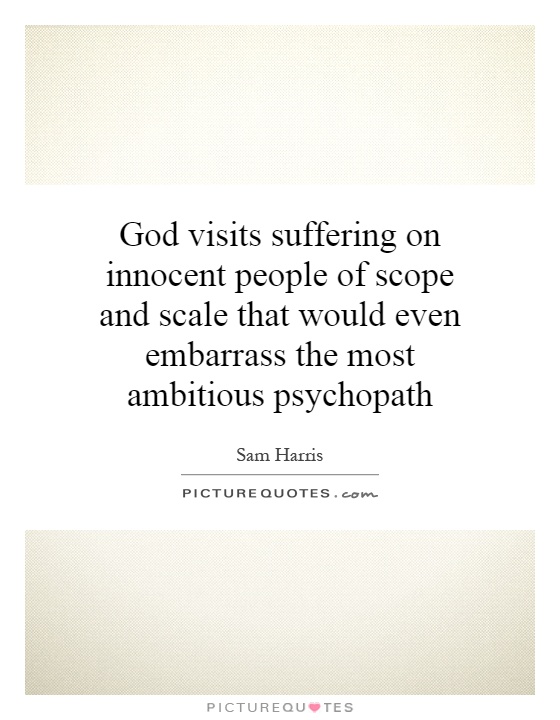
God visits suffering on innocent people of scope and scale that would even embarrass the most ambitious psychopath
Sam Harris, a prominent atheist and neuroscientist, has been known for his controversial views on religion and morality. One of his most provocative statements is that "God visits suffering on innocent people of scope and scale that would even embarrass the most ambitious psychopath." This statement challenges the traditional notion of a benevolent and all-powerful deity, suggesting that the concept of God as a loving and just being is incompatible with the reality of human suffering.Harris argues that the existence of widespread suffering and injustice in the world is evidence against the existence of a loving and all-powerful God. He points to the countless instances of natural disasters, diseases, and human atrocities that have caused immense pain and suffering to innocent people throughout history. From the Holocaust to the Rwandan genocide, from tsunamis to earthquakes, the scale and scope of human suffering seem to defy any rational explanation or justification.
Harris suggests that if a human being were to inflict such suffering on innocent people, they would be considered a psychopath. Yet, according to traditional religious beliefs, God is supposed to be a loving and just being who cares for all of his creation. How then can we reconcile the existence of such widespread suffering with the idea of a benevolent and all-powerful God?
Harris's argument raises important questions about the nature of God and the problem of evil. If God is truly all-powerful and all-loving, why does he allow innocent people to suffer? Is there a rational explanation for the existence of evil and suffering in the world, or are we simply left to grapple with the senseless cruelty of life?
Ultimately, Harris's provocative statement challenges us to rethink our assumptions about the nature of God and the meaning of suffering. It forces us to confront the uncomfortable reality that the world is not always a fair or just place, and that our traditional beliefs about God may not provide satisfactory answers to the profound questions of human suffering.


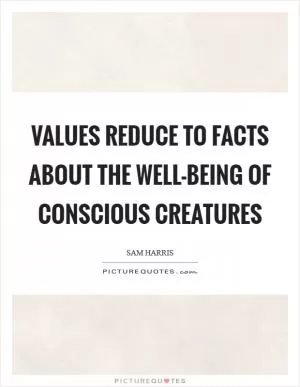
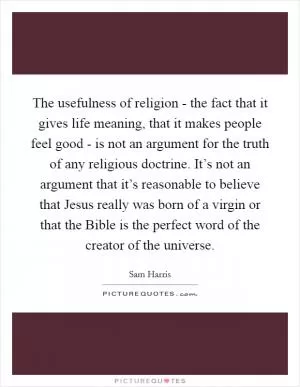
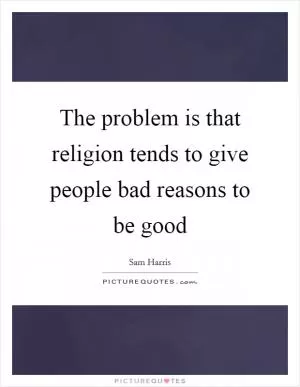

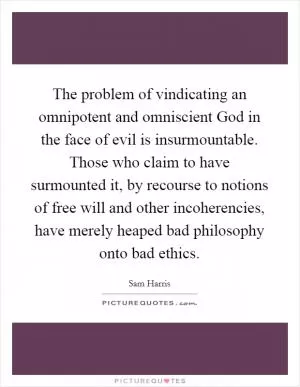
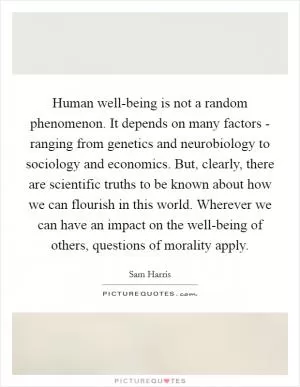
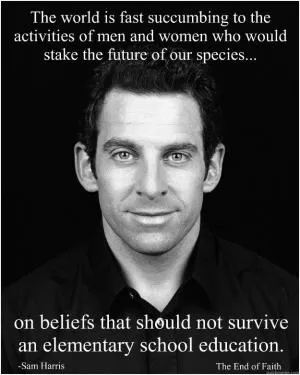

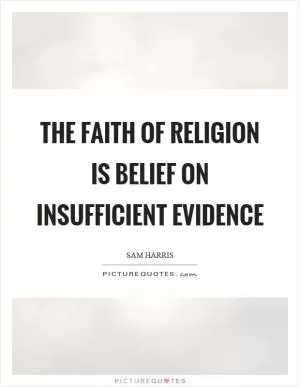
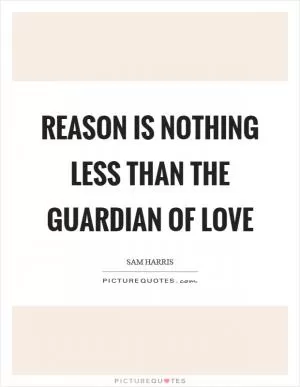
 Friendship Quotes
Friendship Quotes Love Quotes
Love Quotes Life Quotes
Life Quotes Funny Quotes
Funny Quotes Motivational Quotes
Motivational Quotes Inspirational Quotes
Inspirational Quotes